The Importance of Sulfate-Free Cleansers for Curly Hair

Introduction
Curly hair is unique and beautiful, but it also requires special care. One of the biggest challenges curly-haired individuals face is finding the right products that nourish and maintain the health of their curls. Among the most important decisions you’ll make when choosing hair care products is whether to go with a sulfate-free cleanser.
Sulfate-free cleansers have become a game-changer for many curly-haired people, providing a gentler, more effective way to cleanse hair without stripping away its natural moisture. This blog will walk you through the importance of sulfate-free cleansers and how they can benefit your curls, from moisture retention to scalp health and beyond.
By the end of this article, you’ll understand why choosing sulfate-free products is essential for maintaining healthy, defined, and hydrated curls.
Understanding Sulfates and Their Effects
What Are Sulfates?
Sulfates are harsh cleansing agents commonly used in shampoos, body washes, and even some household cleaning products. They are detergents that help to break down oils and dirt, making it easier to wash them away. The most common sulfates you’ll see in hair care products are sodium lauryl sulfate (SLS) and sodium laureth sulfate (SLES). While sulfates are highly effective at cleaning, they’re not always the best choice for every hair type—especially curly hair.
Why Are Sulfates Problematic for Curly Hair?
Curly hair, by nature, tends to be drier and more fragile than straight hair. This is because the natural oils produced by your scalp have a harder time traveling down the twists and turns of each hair strand. When sulfates are used, they strip away these oils, leaving curls feeling dry and lifeless.
Here’s a breakdown of why sulfates are problematic for curly hair:
-
Stripping Natural Oils
Sulfates are strong detergents that effectively remove oils and dirt. While this is helpful for individuals with very oily hair, it can be damaging to curly hair. Curls need moisture and natural oils to remain soft and healthy. By removing these essential oils, sulfates can leave hair feeling dry, brittle, and frizzy.
-
Drying Out Curls
Dryness is one of the most common complaints among people with curly hair. Sulfates contribute to this problem by removing the moisture that curls desperately need to maintain their shape and elasticity. Without sufficient moisture, curls become frizzy, stiff, and prone to breakage.
-
Contributing to Frizz and Damage
When curly hair is stripped of its natural oils, the cuticles (the outer layer of the hair) become rough and raised. This can cause frizz, tangling, and breakage. Frizz is often the result of dry curls that can’t hold onto moisture, and sulfates are a big culprit in causing that lack of moisture.
-
Scalp Irritation
Because sulfates can be so harsh, they can also irritate the scalp. For people with sensitive skin or scalp conditions, sulfates can lead to itching, flakiness, or even dandruff. Maintaining a healthy, balanced scalp is crucial for hair growth and curl health.
__
Benefits of Sulfate-Free Cleansers for Curly Hair
Now that we know the negative effects of sulfates, let’s dive into the many benefits of using sulfate-free cleansers for curly hair. These cleansers have become increasingly popular, and for good reason—they’re gentler and more effective at maintaining the health of your curls.
1. Gentle Cleansing Without Stripping Natural Oils
One of the primary benefits of sulfate-free cleansers is that they cleanse without stripping away the hair’s natural oils. Instead of using harsh sulfates to remove dirt and oil, sulfate-free cleansers rely on milder ingredients that gently wash away impurities without drying out the hair.
This is especially important for curly hair, as it allows your curls to retain the moisture and oils that keep them hydrated, soft, and defined. When you don’t strip away the natural oils, your curls remain bouncy and healthy.
2. Preventing Dryness and Frizz
Dryness and frizz are common problems for people with curly hair. Curly hair tends to be more porous, which means it can absorb moisture easily but also loses it just as quickly. Sulfate-free cleansers help prevent this by preserving the moisture balance in the hair shaft. These products provide a gentler cleanse, ensuring that your curls stay moisturized and frizz-free.
When your curls are properly hydrated, they will naturally maintain their shape, definition, and shine. The result? Soft, shiny curls that are less prone to frizz and dryness.
3. Supporting Scalp Health
Healthy hair starts with a healthy scalp. The scalp is where hair follicles are rooted, and if your scalp is unbalanced, it can lead to problems like itching, dandruff, and irritation. Sulfate-free cleansers are much gentler on the scalp than their sulfate-laden counterparts, reducing the risk of irritation and inflammation.
By using sulfate-free products, you’re not only protecting your hair but also promoting a balanced, healthy scalp that encourages optimal hair growth.
4. Preventing Product Buildup
Another major advantage of sulfate-free cleansers is that they help to prevent product buildup. Many hair care products, such as leave-in conditioners, gels, and styling creams, can leave residue on the hair over time. Sulfate-free cleansers are gentle enough to cleanse without removing too much of your hair’s natural moisture, yet effective at removing excess product buildup.
This is particularly beneficial for curly-haired individuals, as product buildup can weigh down curls and make them look limp. Sulfate-free cleansers help keep curls light, bouncy, and full of life.
How Sulfate-Free Cleansers Help with Hair Moisture Retention
Moisture retention is critical for curly hair. Curly hair naturally lacks moisture because the oils produced by the scalp struggle to travel down the twists and turns of each strand. This makes curly hair more prone to dryness, frizz, and breakage. The key to healthy curls is maintaining moisture, and sulfate-free cleansers play a significant role in this process.
Why Curly Hair Requires Extra Moisture
Curly hair has a unique structure that can make it more prone to dryness. The bends and twists in curly hair strands make it harder for natural oils to coat the hair evenly. Without enough moisture, curls can become brittle, frizzy, and lifeless. To keep curly hair looking healthy, hydrated, and defined, it’s essential to retain moisture.
How Sulfate-Free Cleansers Retain Moisture
Sulfate-free cleansers are typically made with ingredients like aloe vera, glycerin, and natural oils that not only clean the hair but also hydrate it. These ingredients help lock in moisture, ensuring that curls stay hydrated and soft throughout the day.
When using sulfate-free cleansers, your hair is less likely to lose its moisture barrier. This helps prevent dehydration and the subsequent issues of frizz and breakage.
__
Common Ingredients in Sulfate-Free Cleansers
If you’re ready to switch to sulfate-free products, it’s important to know which ingredients to look for. Many sulfate-free cleansers contain natural ingredients that are gentle, nourishing, and hydrating. Here are a few common ingredients that are often found in sulfate-free shampoos and conditioners.
Hydrating and Nourishing Ingredients
-
Aloe Vera: Soothes and hydrates the scalp while locking in moisture.
-
Coconut Oil: Deeply nourishes the hair and helps retain moisture.
-
Shea Butter: Adds moisture, helps with curl definition, and keeps hair soft.
-
Glycerin: A humectant that draws moisture from the air into the hair shaft.
Gentle Surfactants
Sulfate-free cleansers rely on milder surfactants, which are cleansing agents that don’t strip the hair. Common mild surfactants include:
-
Coco-glucoside
-
Decyl glucoside
These ingredients help cleanse without drying out the hair, ensuring that your curls stay hydrated and healthy.
Essential Oils and Natural Extracts
Essential oils like lavender, peppermint, and tea tree oil can also be beneficial for curly hair. They help promote a healthy scalp, reduce irritation, and can even improve hair growth. Natural extracts such as chamomile and green tea are gentle on the hair and scalp, providing nourishment and soothing benefits.
How to Choose the Right Sulfate-Free Cleanser for Your Curls
When shopping for a sulfate-free cleanser, consider your unique curl type, scalp health, and hair goals. Here’s how to choose the best product for your needs:
Know Your Curl Type
Different curl types respond differently to products. Wavy hair tends to need lighter, volumizing cleansers, while coily hair benefits from thicker, moisturizing formulas. Pay attention to the ingredients that suit your curl type and moisture needs.
Consider Your Scalp Health
If you have a dry, itchy, or oily scalp, look for sulfate-free products that target scalp health. Ingredients like tea tree oil, peppermint, and aloe vera can help balance the scalp while still providing gentle cleansing.
Avoid Harmful Additives
Check labels for harmful additives like parabens, silicones, and drying alcohols. These can weigh down curls and lead to build-up. Opt for clean, natural ingredients whenever possible.
Conclusion
Sulfate-free cleansers are essential for curly hair care. They provide a gentle cleanse that preserves moisture, reduces frizz, and promotes healthy curls from root to tip. By opting for sulfate-free products, you’re giving your curls the care they deserve, ensuring they stay hydrated, defined, and full of life.
If you’re looking for sulfate-free cleansers designed specifically for curly hair, explore our curated collection at Gorgeous Strands . We offer products made with natural ingredients to nourish your curls and keep them looking their best.
FAQs
A: Sulfates are harsh detergents found in many shampoos that effectively clean hair but also strip it of natural oils. For curly hair, this can lead to dryness, frizz, and scalp irritation as the natural oils needed to keep curls hydrated and defined are removed.
A: Yes, sulfate-free cleansers help maintain the moisture balance in curly hair by preventing it from becoming stripped of its natural oils. By keeping the hair hydrated, they reduce frizz, making curls smoother, more defined, and less prone to dryness.
A: ReDepending on your curl type and scalp needs, sulfate-free cleansers can be used 2–3 times a week or as needed. Curly hair tends to be drier and doesn’t require frequent washing, so always pay attention to how your hair feels and adjust accordingly.
A: Yes, sulfate-free cleansers are ideal for dry curly hair. They preserve natural moisture and oils, preventing the hair from becoming overly dry or stripped, which can lead to breakage and frizz. This keeps curls soft, hydrated, and more manageable.
A: Look for moisturizing ingredients like aloe vera, glycerin, coconut oil, and shea butter in sulfate-free cleansers. These help to hydrate, nourish, and maintain softness, ensuring your curls stay healthy, shiny, and well-defined without being weighed down.

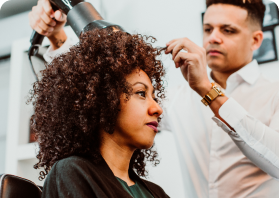


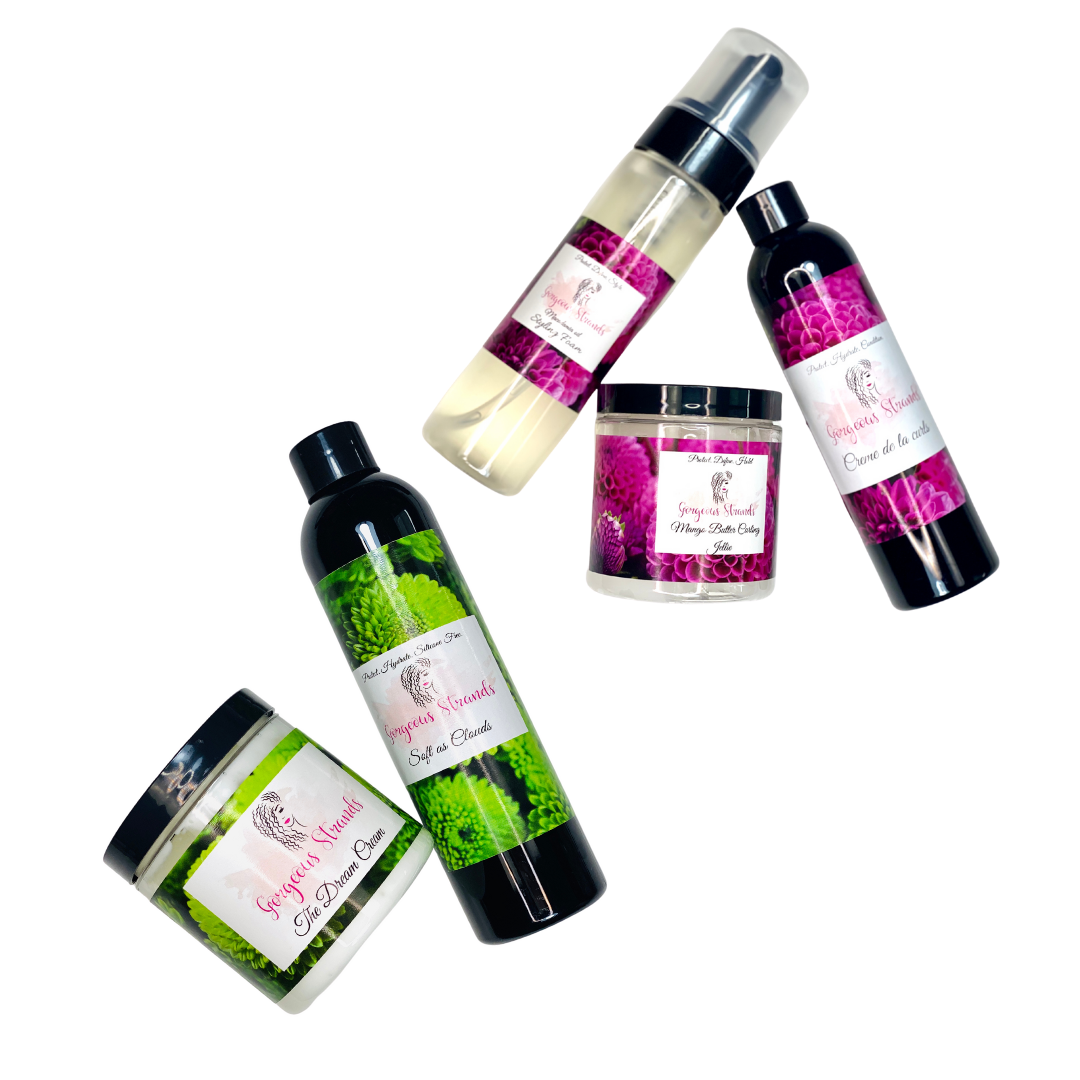
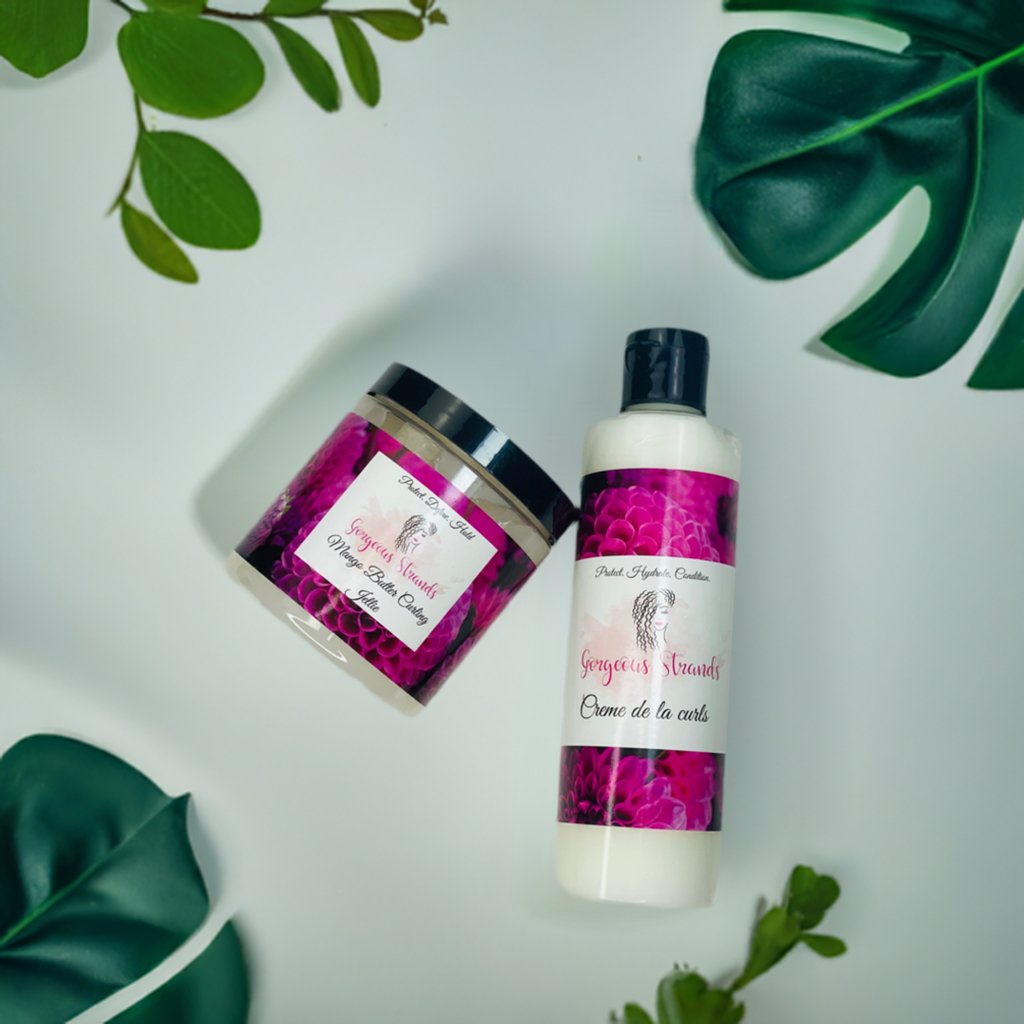

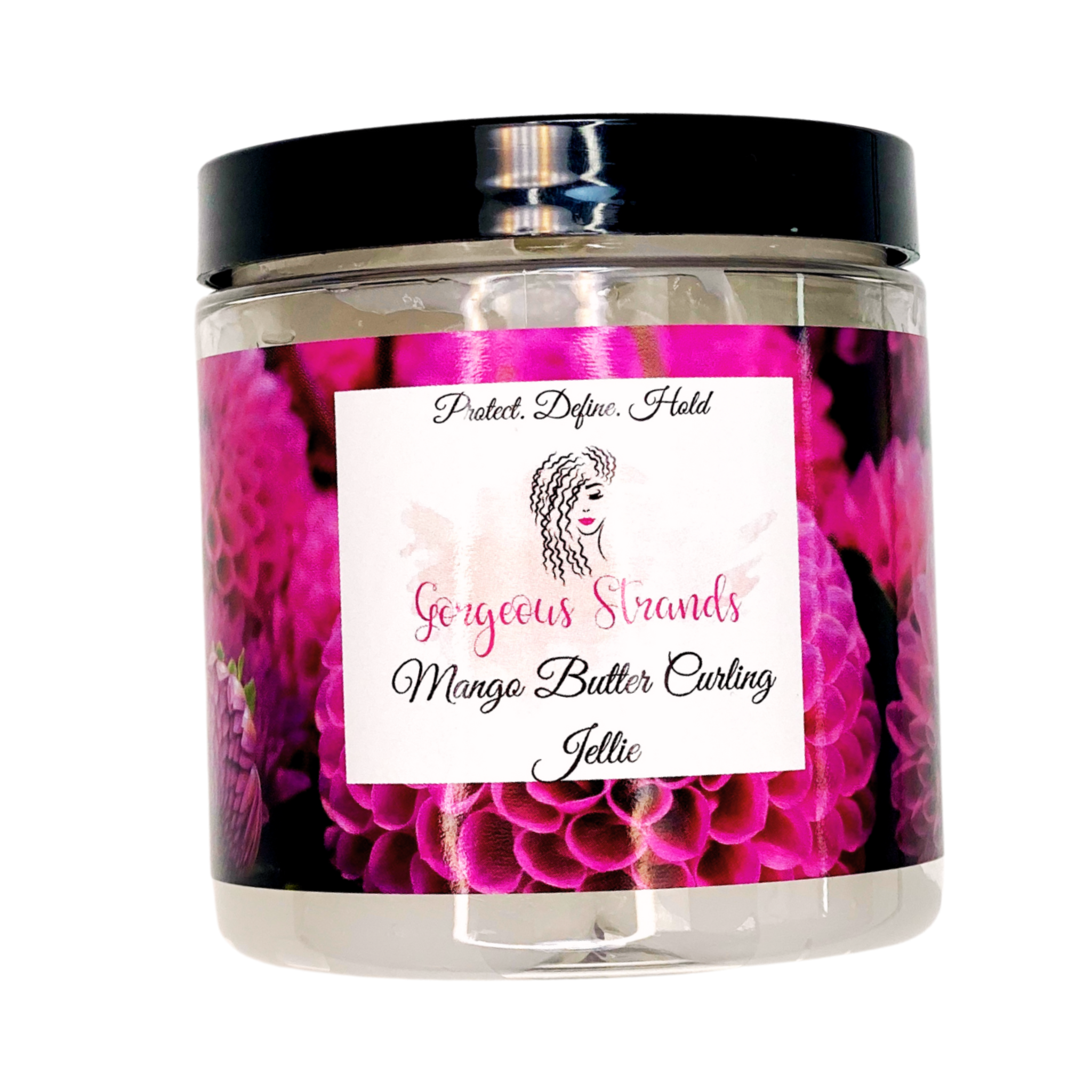
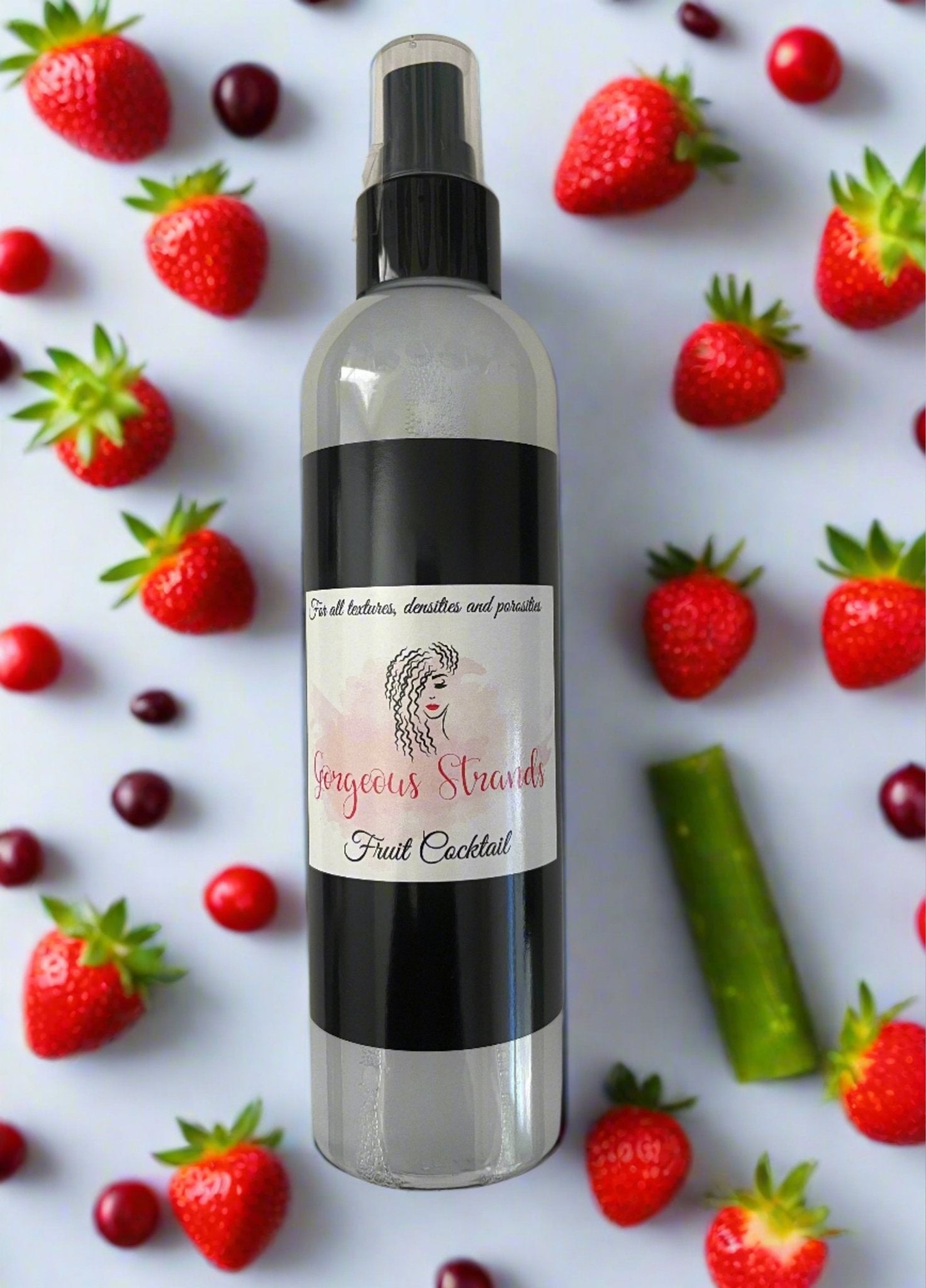
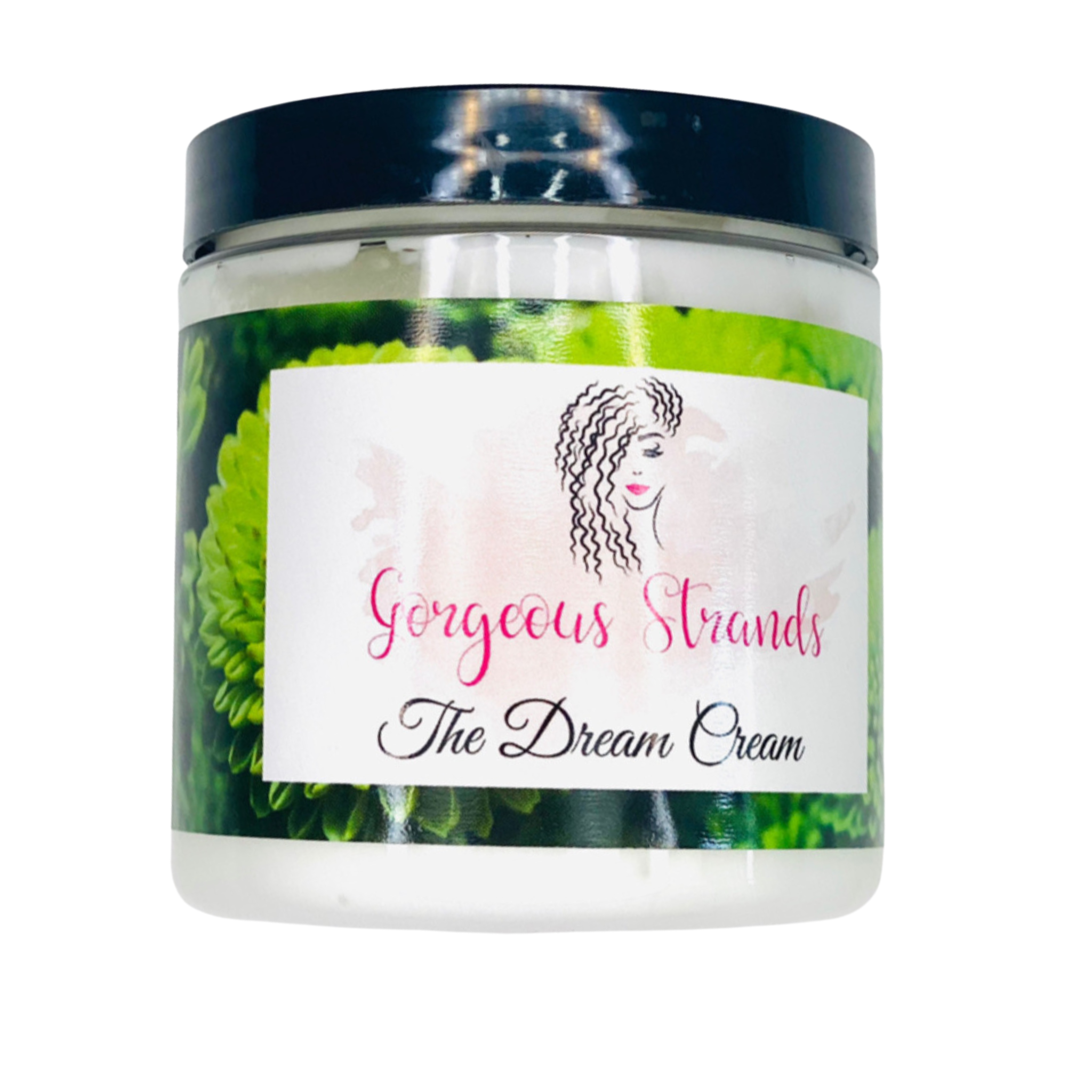
Comentarios